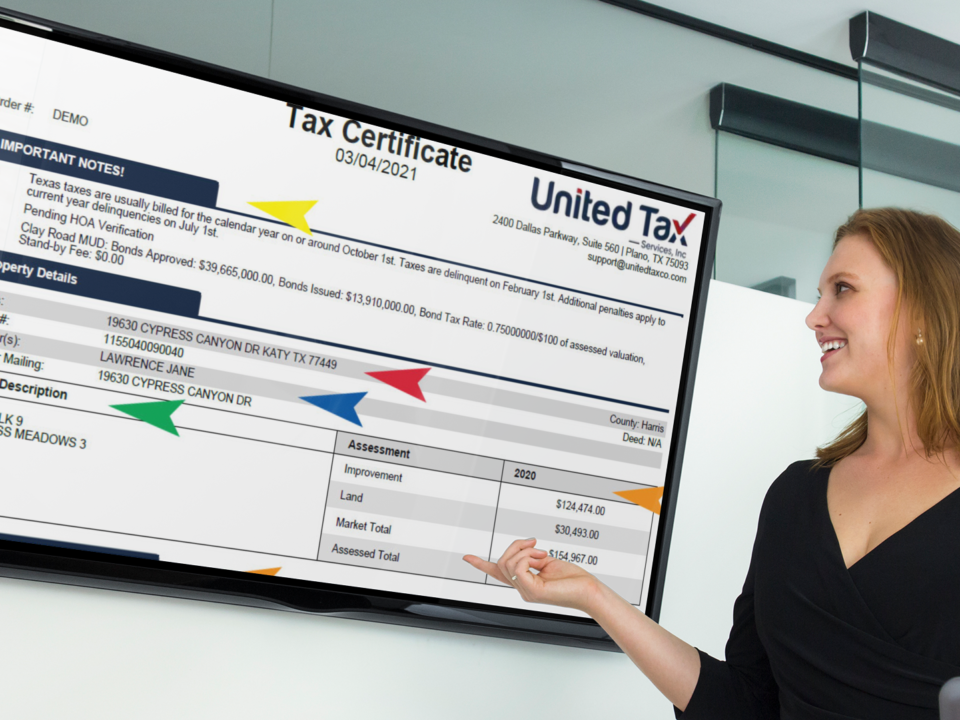Nothing is certain in life, save death and taxes, so it’s no wonder homeowners will do whatever they can to lessen their tax burden. The state of Texas offers numerous different ways to lower the taxable value of your home and land, which can often create a tangled mess of eligibility requirements, proration calculations, and probate issues. These issues can be further compounded and obscured during the sale or transfer of a property, leading to potential tax debts and liens. Fortunately, armed with a basic understanding of the requirements and potential pitfalls, you can protect yourself, your clients, and your business from these headaches.
The Homestead Exemption
The average homeowner gets their first introduction to property tax exemptions during or after the closing process, when most escrow officers will inform them of how to apply for the Homestead exemption, and its potential effects on their tax burden. Homeowners are eligible to apply for the Homestead exemption on January 1st of the year following the purchase of their first home. This exemption lowers the taxable value of the home and protects against rapid value increases by placing a 10% limit on the growth of property value. Homeowners may only apply for this at their primary residence, which means that they can claim it nowhere else in the entire United States if they claim it for the same year in Texas. During the application process, the homeowners must attest to this fact, and providing false information may be considered tax fraud.


Other Exemptions
There are other, more substantial, exemptions offered in Texas like the Over 65 (OV65) exemption, the Disabled Persons (DP) exemption, and the Disabled Veteran (DV) exemption. These exemptions require significant application and verification processes in order to be applied to a property. It is very rare for a property to be granted DP, DV, or OV65 erroneously, however, they can create significant financial risk after the sale, transfer, or inheritance of the property. Taxing jurisdictions update their information slowly, and these exemptions may fall through the cracks when the parcel changes hands. As a buyer, seller, or escrow agent, it is of the utmost importance to ensure any exemptions listed as active for your home are verified. You can check this easily by contacting your local county assessor/collector or appraisal district. Escrow agents can also utilize their tax certificate provider to check currently listed exemptions.
Agriculture
Everyone knows everything is bigger in Texas, and that holds true for the agricultural business. In order to encourage farming and agricultural land use, Texas also offers significant exemptions when land is zoned for production of agricultural or forestry products. This exemption is often nearly absolute and can amount to hundreds of thousands of dollars in tax write-off. The best course of action to protect yourself from making a mistake here is to seek the services of a professional title company or tax certificate provider. These entities can research the tax burden you will experience if you stop using the land for crops or livestock.


Be Prepared & Protect Yourself
When it comes to protecting your most important investment, there is no such thing as too much caution. Be sure to research your property. Take some time to look over your survey, your metes and bounds, and your most recent tax bill. Are you getting everything you deserve? Are you getting more than you deserve? Don’t be afraid to seek expert help, as the Texas title industry is filled with friendly professionals standing by to assist with a smile. By spending a few hours looking over the details of your piece of land, you can arm yourself with the knowledge necessary to prepare to buy, sell, or add exemptions to a home with confidence. Now go make sure you’re getting everything you can!




